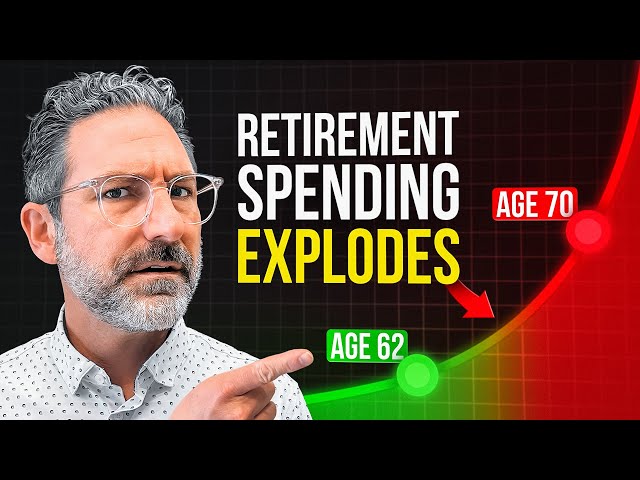Although withdrawing money from retirement savings before reaching retirement age can result in some hefty tax implications, sometimes it’s necessary to take an early distribution.
A GoBankingRates.com survey released in January 2019 reported that the number-one reason people take early distributions from their retirement savings is to reduce debt. Nearly 44% of the 2,000 people surveyed said that they tapped into their retirement accounts early to pay down (or pay off) debt.
This isn’t a surprise, since Americans reached historic levels of revolving debt in 2017. Following a record paydown in 2020 of $82.9 billion, Americans added $87.3 billion in new credit card debt in 2021, according to WalletHub. However, even if you have a significant amount of credit card debt, it may not make sense to take an early distribution.
What are the Penalties for an Early Distribution from an IRA or 401(k)?
Not only will you be on the hook for taxes if you withdraw money from your 401(k) or traditional IRA before you retire, but you’ll also pay a 10% penalty for taking a premature distribution—that is, withdrawing money prior to attaining age 59 ½.
Premature distributions from a Roth IRA incur the early withdrawal penalty only if earnings (not principal contributions) are withdrawn before age 59 ½.
For SIMPLE IRAs, the early withdrawal penalty is 25% within the first two years of opening the account. After that, the penalty drops to the standard 10%.
Click the button below to get your Free Retirement Assessment!

Are There Exceptions to these Early Distribution Penalties?
The IRS does recognize certain financial hardships – with proper documentation, of course.
For IRAs, the early withdrawal penalty may be waived for the following reasons:
- First-home purchase, up to a $10,000 gross distribution
- Unreimbursed medical expenses (more than 7.5% of your adjusted gross income) for you, your spouse, or your dependents
- College tuition expenses for you, your spouse, your children, or grandchildren
- Permanent disability
- Death—your beneficiaries will not have to pay the early withdrawal penalty upon cashing out, even if they are under age 59 ½
- Paying back taxes via a forced IRA withdrawal after a levy has been put on the IRA
- Medical insurance premium payments if you’ve been unemployed for longer than 12 weeks
For 401(k), exceptions to the early withdrawal penalty are governed by the plan document. Contact your employer or refer to your plan’s Summary Plan Description for more information if you think you need to take an early distribution.
Should You Ever Take an Early Distribution With a Penalty?
The early withdrawal penalty is meant to discourage people from tapping into money that is intended for retirement. Your 401(k) or IRA is not a bank account and taking a premature distribution should be viewed as an absolute last resort. (But sometimes it’s unavoidable.)
Additionally, if you’re under age 59 ½ and are still working, your employer may require you to first take a 401(k) loan prior to taking a distribution.
Because the penalty for an early distribution is so significant, you shouldn’t take one without professional advice. You may be able to avoid the penalty or find a better approach for solving the challenge you want the early distribution to solve.
To get in touch, click here to request a no-cost, no-obligation advisor conversation.
____________
Alli Thomas

Alli Thomas has worked in the financial services industry for nearly 20 years, with a focus on retirement-related investing. She began her career as a FINRA-licensed participant-services call-center associate at Vanguard, and then moved to Principal Financial Group, where she worked closely with employers, assisting with retirement plan set-up and design, selecting appropriate plan investment offerings, and maximizing employee participation through targeted education campaigns and enrollment meetings. Alli has also worked as a qualified 401(k)administrator and registered investment advisor for several small investment firms. She now writes about all things investment- and finance-related, leveraging her extensive experience and passion for retirement planning to help investors make well-informed financial decisions.







.jpg)







